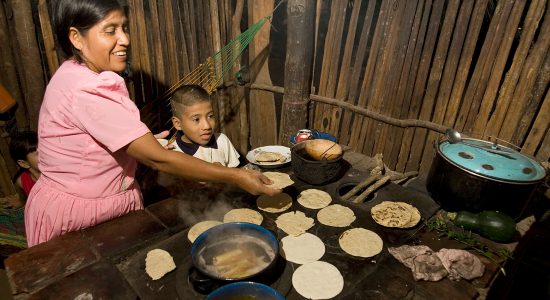Historical and Present Context
Since the arrival of Europeans in Guatemala, Indigenous peoples have suffered racism, exploitation, and the denial of human, social, political, economic and cultural rights. They represent the poorest and the most vulnerable section of the society who face profound systemic and structural exclusion on many fronts. Today Guatemala has a population of 16 million people. Almost half the population cannot afford the cost of the basic food basket. As a result, the prevalence of stunting in children under 5 is one of the highest in the world – and the highest in Latin America and the Caribbean. At 46.5 percent nationally, the stunting rate climbs up to 70 percent in some departments, with peaks as high as 90 percent in the hardest hit municipalities.
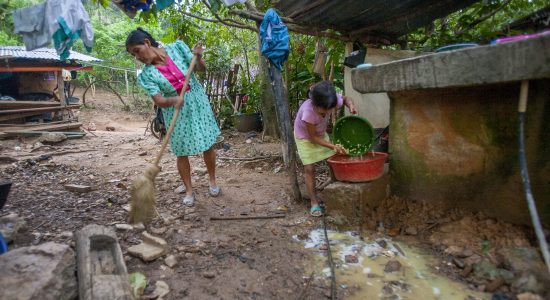
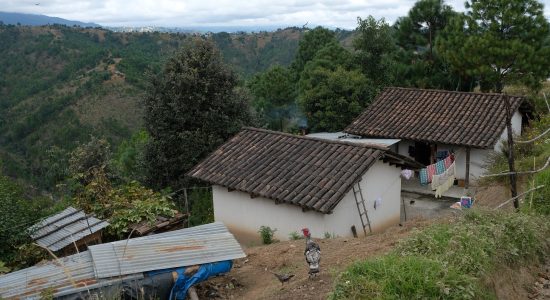
Rural Problems
The question of land is paramount in Guatemala. Guatemala has one of the most unequal land distribution patterns in the world, and the second most inequitable in Latin America (next to Brazil). About 8 per cent of commercial agricultural producers in the country occupy almost 80 per cent of cultivatable land, whereas 92 per cent of subsistence and infra-subsistence producers only use 22 per cent of such land. Thus in rural Guatemala, poor mostly indigenous farmers scrape off a living on the nation’s poorest soils as subsistence farmers, while wealthy finca (large plantation) owners reap the benefits of an agricultural system based on international exports and the exploitation of cheap labour.
Agro-Ecological Food Production
Project Harvest practices agroecology (or an agroecological method). With years of in-the-field experience, Project Harvest has been developing an innovative strategy to diversify food production that dovetails with agroecological methods. At the same time that poor farmers are producing basic corn and beans, they are also learning how to cultivate vegetables in family gardens.
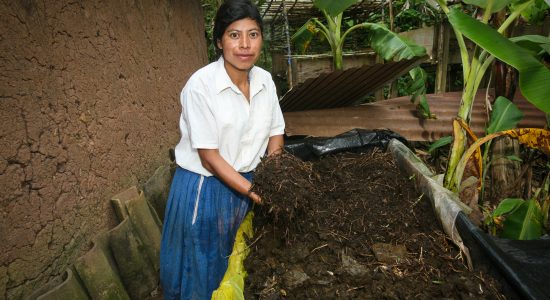
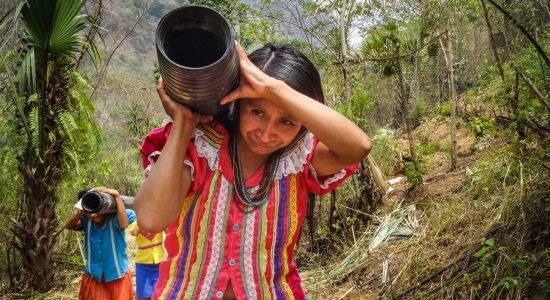
Women’s Empowerment
Project Harvest’s formation program aims to equip woman with the capacity to know and exercise their rights through reflection and analysis. The program concentrates on identifying and strengthening leaders so that the groups of women they lead can articulate their own development projects and are able to represent women’s needs in the community.
Food Program: Promoting the Human Right to Food
The right to adequate food is a human right established under international law, yet 50% of children under five in Guatemala are chronically malnourished.Project Harvest works with participants to educate them about their rights, to help them understand the forces that keep them in poverty, and to explore ways in which they might influence policy and decision-making to alleviate hunger in their communities.
